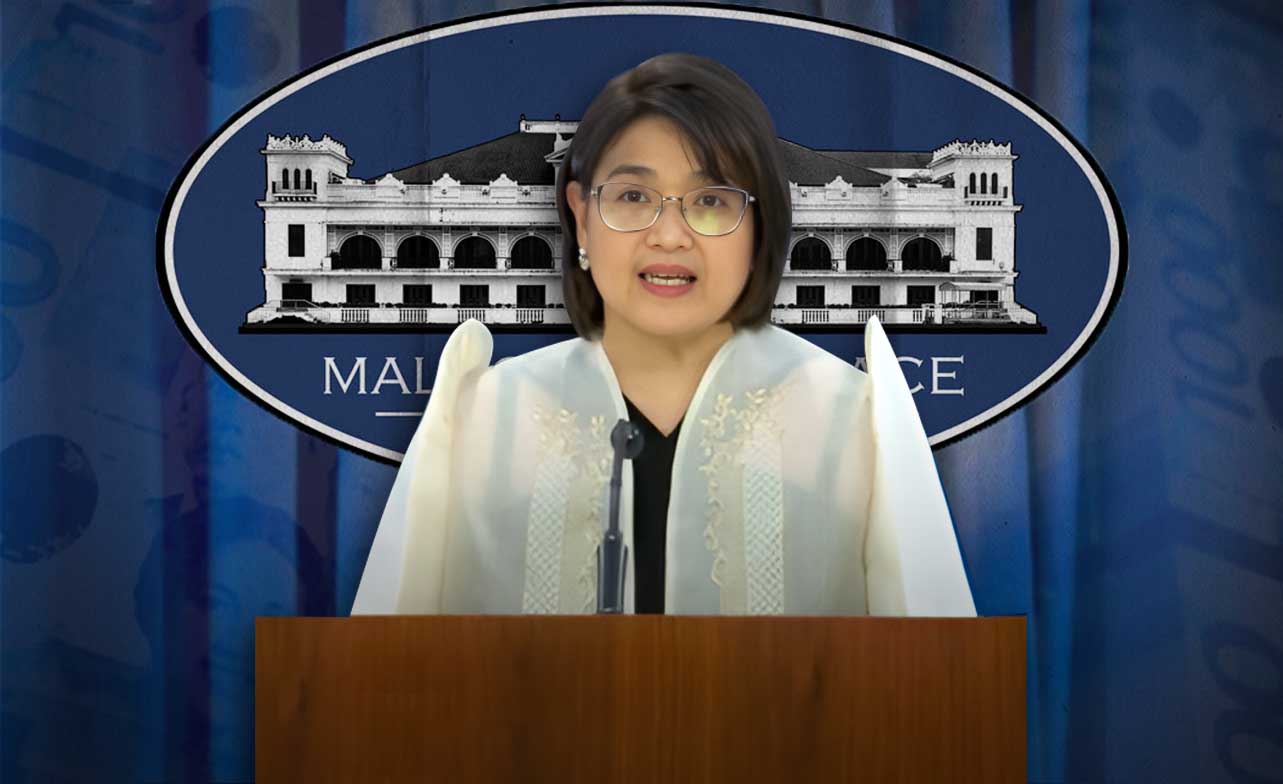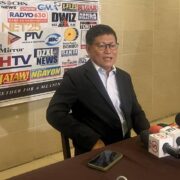Gov’t warns poll bets: Don’t use alert system to campaign

Anyone caught using the country’s emergency alert system to campaign for any candidate or political group for the May 12 elections will be prosecuted to the fullest extent of the law, Malacañang said on Tuesday.
Presidential Communications Office Undersecretary and Palace press officer Claire Castro issued the warning amid reports that some candidates have been using the Emergency Cell Broadcast System (ECBS) to campaign.
“They should not abuse the emergency cell broadcast system. It should be only used for emergencies. They should not use it for their own gain,” she said in a press briefing.
Castro assured the public that the Department of Information and Communication Technology (DICT) and the National Telecommunications Commission (NTC) are investigating the matter.
“Anyone who is proven to have violated the law will be slapped with charges,” she added.
A Masbate City resident claimed that he and his workmates received an emergency alert that urged them to vote for certain candidates in the local elections.
It was unclear if the emergency alert indeed came from the ECBS or was only made to look like an emergency alert.
The incident prompted the NTC and Office of Civil Defense (OCD) to urge politicians not to abuse the emergency alert system, which was created in 2014 by Republic Act No. 10639, or the Free Mobile Disaster Alerts Act.
The emergency alert system alerts residents to disasters such as earthquakes, typhoons and other threats.
The Commission on Elections can disqualify candidates found guilty of violating telecommunications laws.
Citing its initial investigation, the OCD said Smart Telecommunications and Globe Telecoms denied using the ECBS for any nonemergency and political campaign alerts.
The telco firms also denied offering ECBS services to private individuals or companies for any other purpose other than emergencies.
Telco firms can send messages to all phones within a specific area at the same time using the ECBS through cell towers, which is faster than sending text messages.
However, the DICT said “rogue” cell towers can also send emergency alerts.
CSC memorandum
Government workers, on the other hand, have been warned by the Civil Service Commission (CSC) against interacting with any candidate or political party on social media, including liking, sharing or commenting on election-related posts to avoid being suspended or dismissed from the service.
These online acts, the CSC said in a memorandum dated March 31, are banned as they are considered “partisan political activities,” which are not allowed under the 1987 Constitution, the Omnibus Election Code and the Administrative Code of 1987.
“Social media functions such as ‘liking,’ ‘comment[ing],’ ‘sharing,’ reposting or following [the account of a candidate or party] are considered partisan political activity if these are resorted to as means to solicit support for or against a candidate or party during the campaign period,” said the memo signed by CSC Chair Marilyn Yap.

















